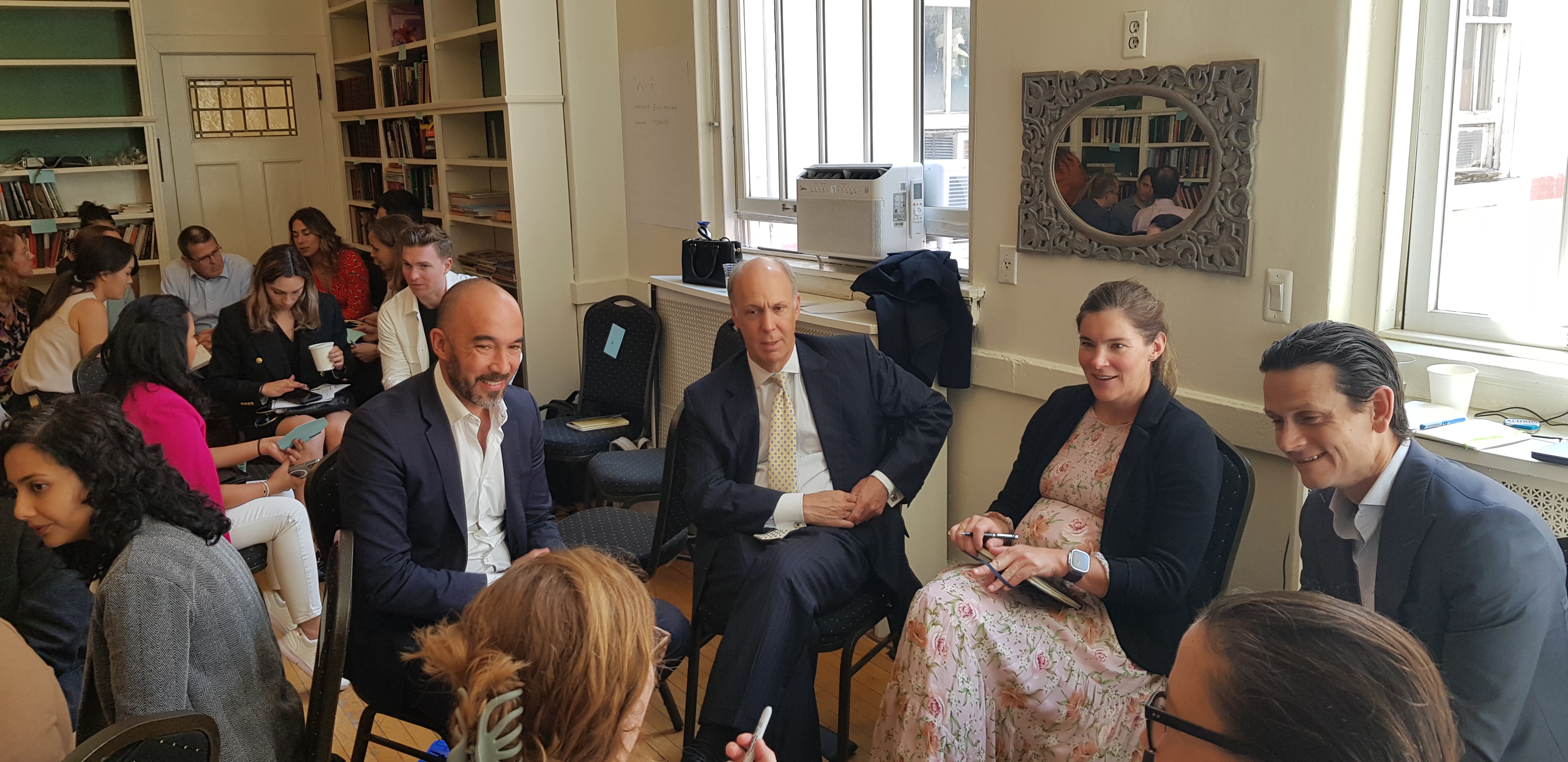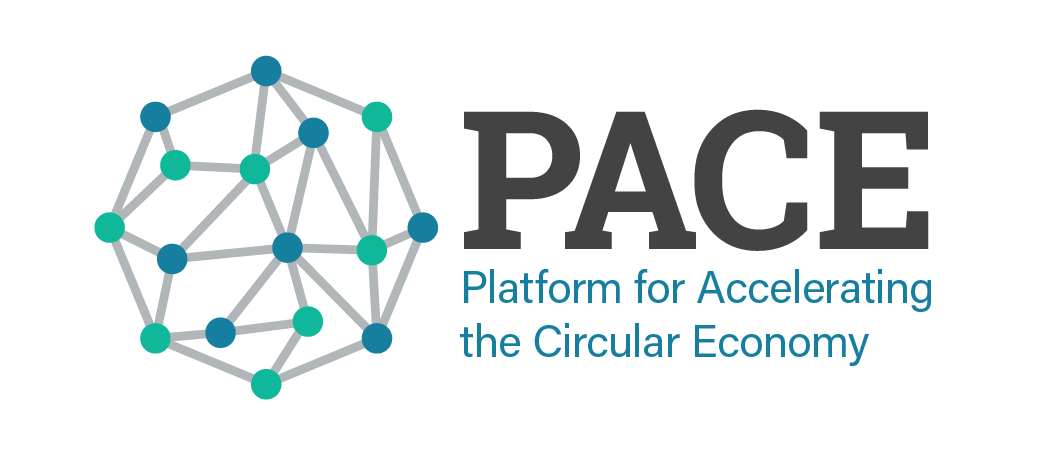
Page TItle
What We Do
Who we are
PACE is a neutral, public-private collaboration platform made up of global
changemakers and their organizations working together to accelerate the transition
to a circular economy.
PACE was launched by the World Economic Forum and is a delivery platform hosted
by the World Resources Institute. PACE is facilitated by a full-time team in The
Hague, Netherlands.
The Circular Economy
Considering the wide variations in terminology, PACE uses the following definition as a foundation of our work:
The circular economy is one in which the value of products, materials, and resources is maintained in the economy for as long as possible, and the generation of waste is minimized. This contrasts with a ‘linear economy,’ which is based on the ‘extract, make, and dispose’ model of production and consumption. [UNEP, IRP]
Beyond this, we adopt a systemic view of the Circular Economy (CE). One that emphasizes a holistic and equitable approach to Earth’s finite resources, planetary boundaries, and structural limitations and one that accommodates bioeconomic strategies. This prioritizes demand reduction in the first instance and restores a fundamental respect for materials. Innovations in design, business models, and shifts in consumer behavior are critically important, however, these activities are embedded within a limited understanding of circularity as a material/product efficiency model. In principle, the CE goes far beyond this and must be widely embraced as a systems model.
The patient work of systems change demands long-term investment. The CE is facing a knowledge-to-action gap and funding continues to be directed at outputs focused on a foundational understanding of the CE, and high-level panels. These have been ineffective at advancing circular implementation at scale.
Work must be undertaken at all levels within systems to shape and influence change. Circular implementation strategies must therefore address root causes and mental models preventing widespread adoption.
Guiding philosophy: systems change happens through people
There is a common gap in the thinking about the CE; people.
PACE therefore subscribes to a systemic model that addresses the potential within specific individuals to close the knowledge-to-action gap and implement change within their organizations and companies. We believe that people are the content and that specific actors hold the required knowledge, power, and capacity to influence change. Recommendations must be specific and scalable/actionable in practice by specific individuals at their point within systems.
PACE process partners Reos have outlined five clear steps that we follow when practicing systems change through people:
1. Addressing root causes.
2. Interconnectedness.
3. Understanding leverage.
4. Diverse perspectives.
5. Seeing and understanding individual roles.
This approach is grounded in social and psychological science and supports our shared belief that the change we need will happen through specific individuals who have the capacity, impetus, influence, and power to initiate it.

